The Business Model Canvas developed by Alexander Osterwalder is a well known tool for focusing on your business strategy, operations and marketing, and ideal when using LSP to build and view each aspect of the business using 3D models.

After taking the six young entrepreneurs from the University of Lincoln through the skills building process, theyere asked to imagine that they were starting an organic fast food restaurant, selected blocks on the canvas and asked a key question relating to each block, so they could build as many models as possible in the timeframe given to provide the answers.
Using sticky notes to identify each of the nine blocks the participants were able to tell the story of the business; combining their thoughts and ideas and gaining clearer understanding. They were able to focus on and understand their business model as a whole and to reflect on each aspect of the business, by thinking deeper and building simple models.
Having engaged the participants in a business mindset using deeper thought, reflection and understanding they were asked to focus on their own business idea and to build the USP (unique selling point) of their product/service, often one of the most difficult things for a start-up business to identify and explain. Using the LEGO Serious Play method the participants were able to think deeper, develop their models and see their USP evolve.
Comments from the session – very unique workshop, really engaging and thought provoking – thoroughly enjoyed the session it was great applying a business mindset to hands on tasks.
You can contact Alison Rex at alison.rex@rexassociates.co.uk
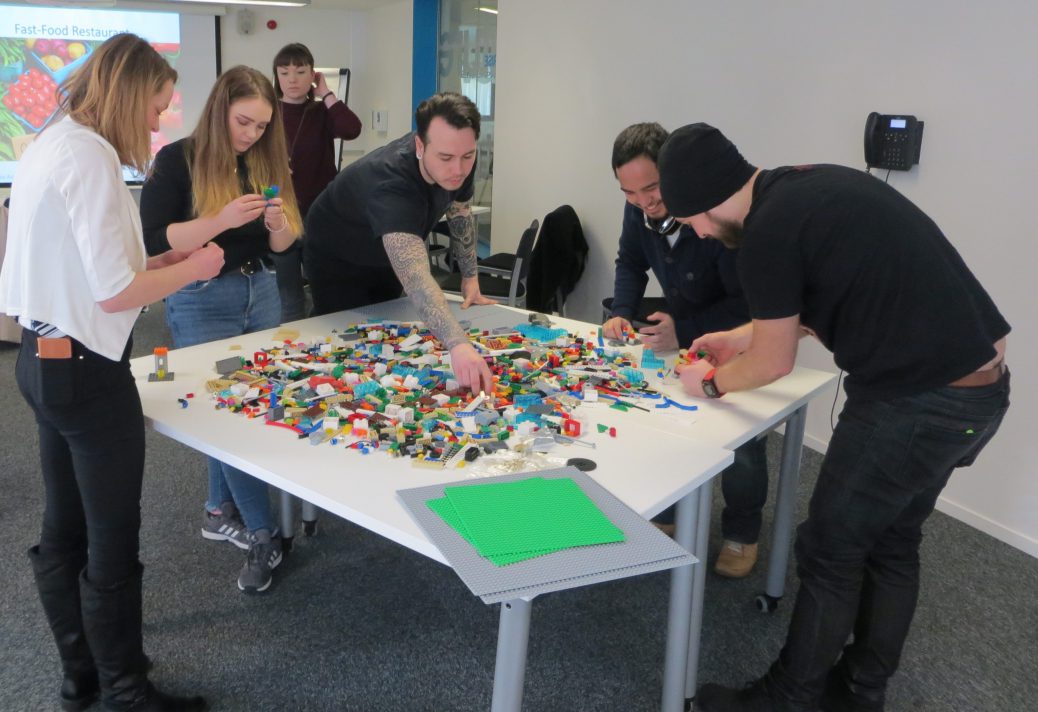
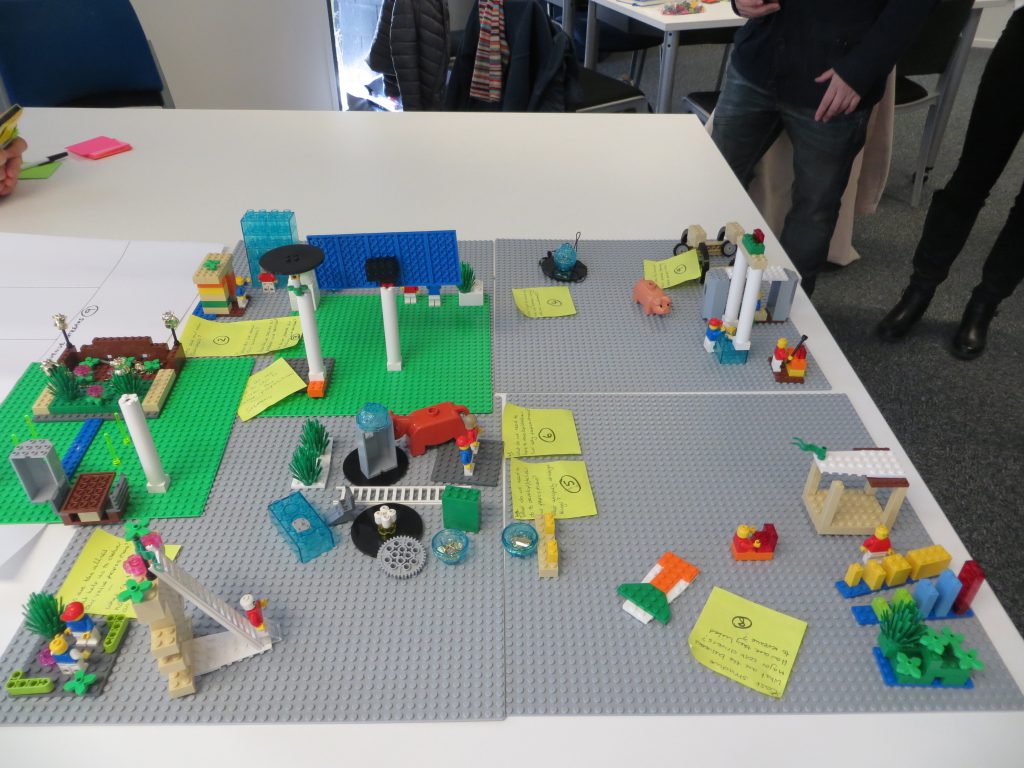
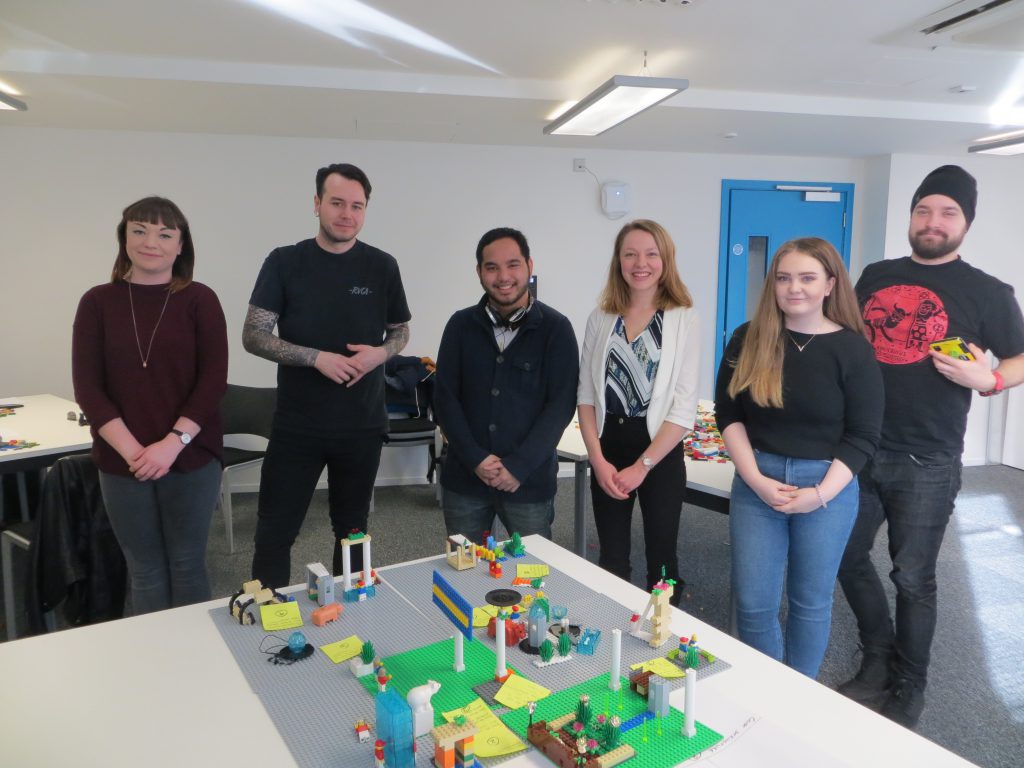
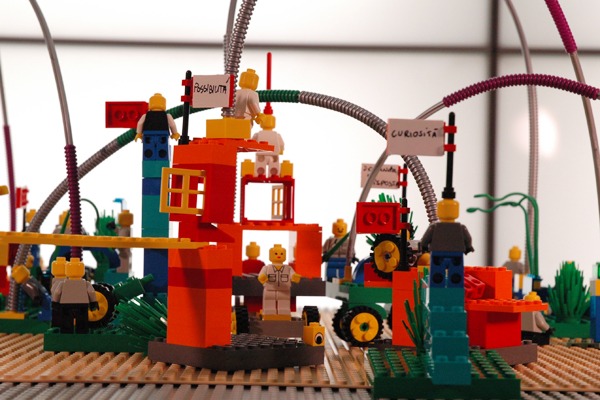


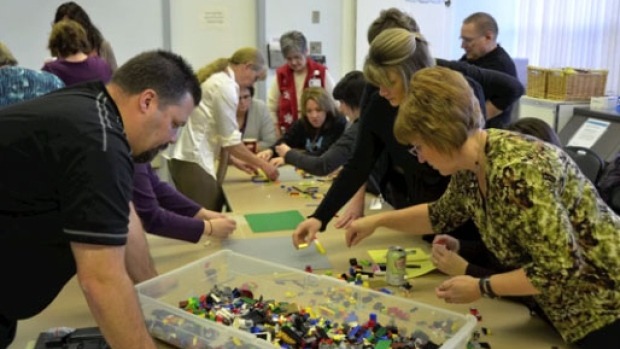
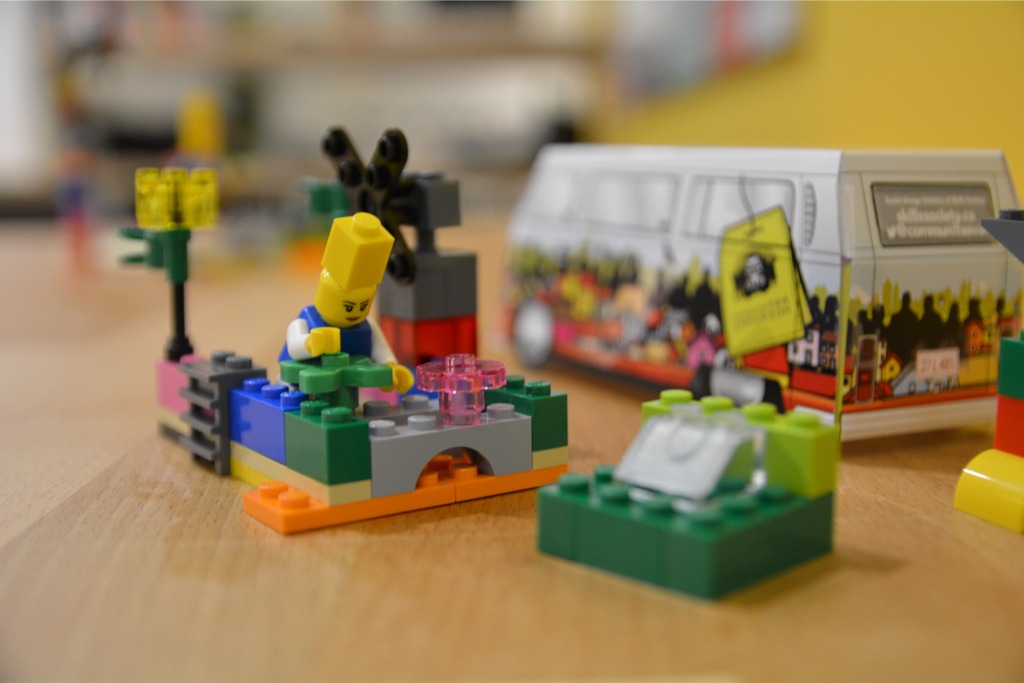
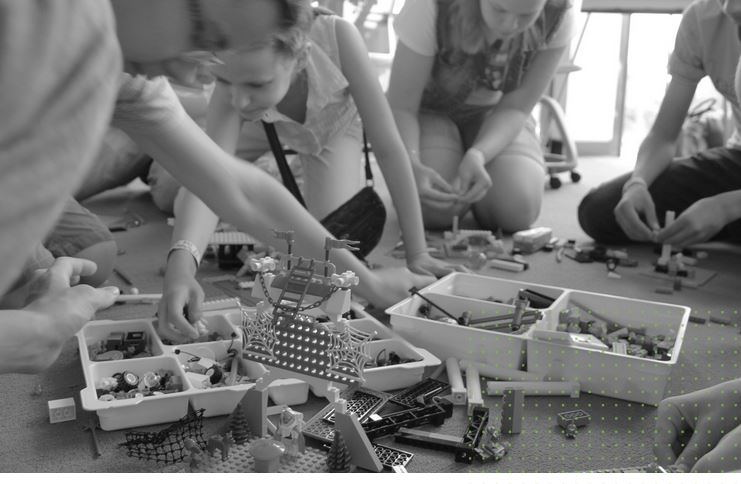

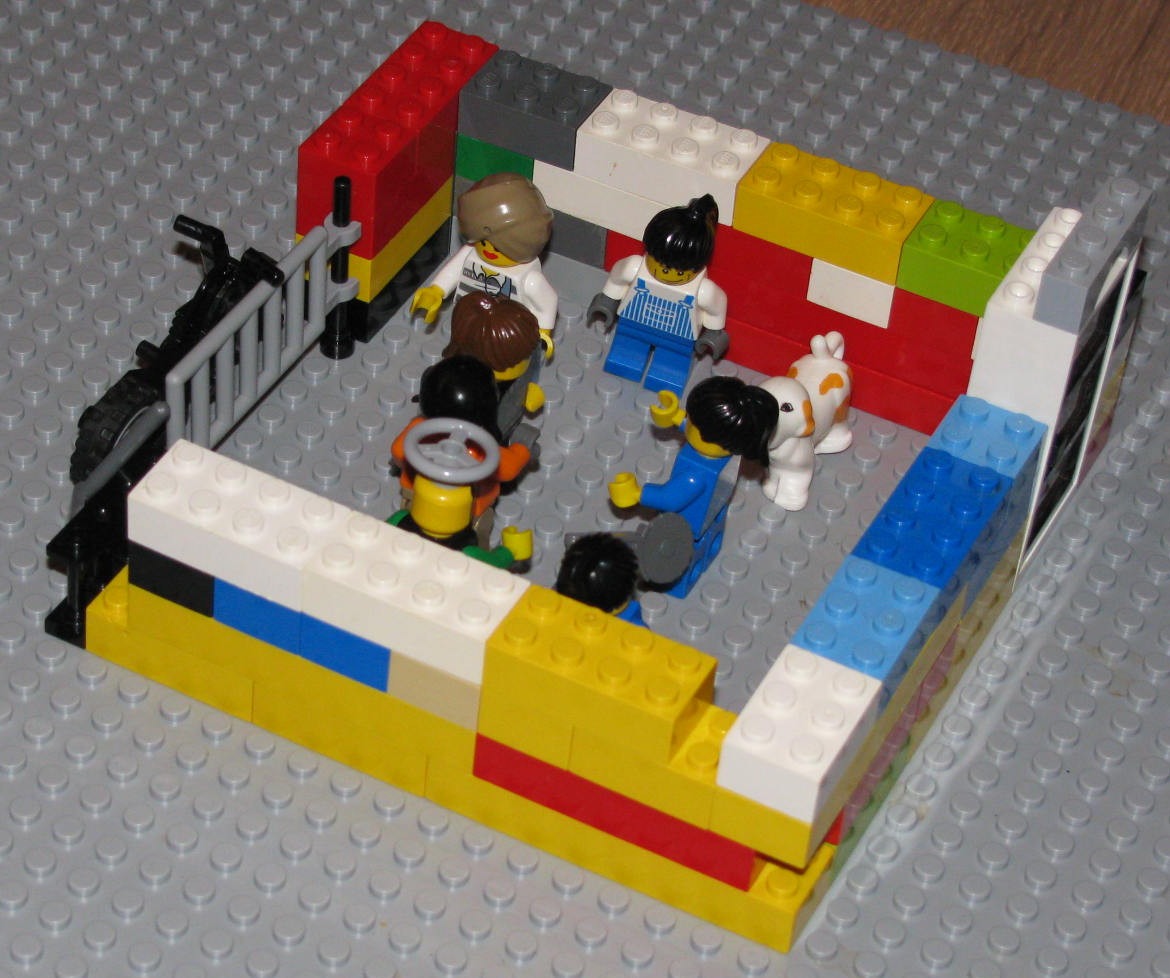
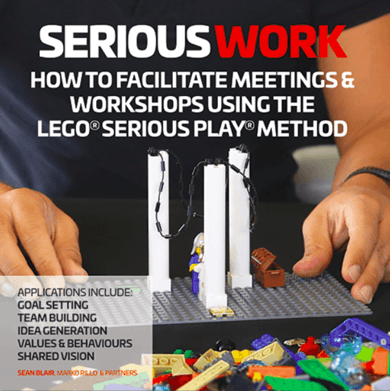
 Become a LEGO Serious Play facilitator - check one of the upcoming training events!
Become a LEGO Serious Play facilitator - check one of the upcoming training events!
Alison’s comments are great to hear. My experience having seen the conventional use of the Business Model canvas, numerous times, was how effective LSP is in getting founders to articulate their thoughts clearly. Sometimes people have concepts and only when they are asked to build the concrete models, do they see the gaps, interconnections and opportunities.